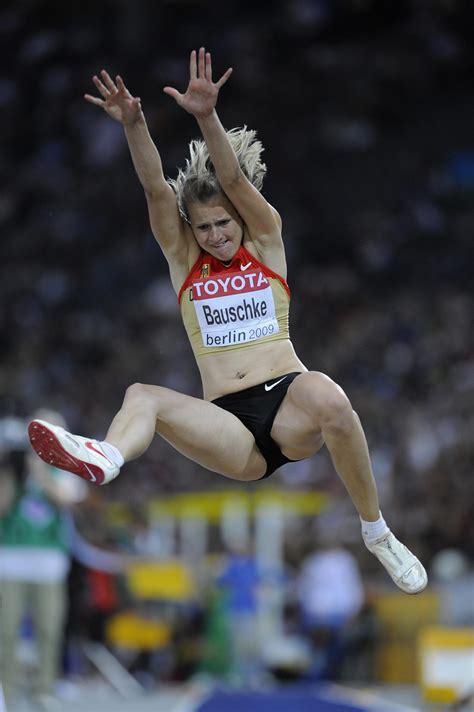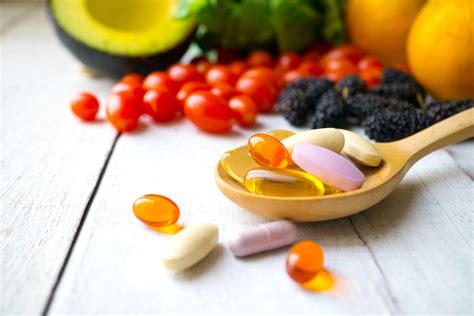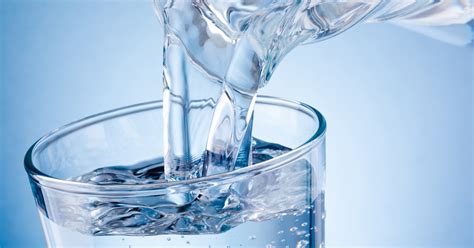Beyond protein, what key nutrients elevate performance & recovery for peak results?

Unlocking Peak Performance: The Unsung Heroes of Sports Nutrition
While protein often takes center stage in discussions about athletic performance and recovery, the truth is that a holistic approach to nutrition is paramount. Protein is undoubtedly vital for muscle repair and growth, but a symphony of other macronutrients, micronutrients, and hydration elements work in concert to fuel intense workouts, optimize recovery, and ensure sustained peak results. Going beyond the protein shake, let’s explore the critical nutritional components often overlooked but essential for every athlete.

The Power of Carbohydrates: Your Primary Energy Source
Carbohydrates are not the enemy; they are the primary and most efficient fuel source for high-intensity exercise. Without adequate carbohydrate intake, your body will struggle to maintain energy levels, leading to premature fatigue and compromised performance. Complex carbohydrates like whole grains, fruits, and vegetables provide sustained energy, while simple carbohydrates can be strategically used around workouts for quick fuel and glycogen replenishment. Focusing on quality carbohydrate sources helps maintain glycogen stores in muscles and the liver, crucial for endurance and repeated efforts.
Post-workout, consuming carbohydrates alongside protein is essential for rapid glycogen restoration, which is a key component of effective recovery. This synergistic approach helps muscles bounce back faster and prepares them for the next training session.
Essential Fats: More Than Just Energy Storage
Healthy fats are crucial for numerous bodily functions that indirectly impact performance and recovery. They play a vital role in hormone production (including testosterone, critical for muscle growth), nutrient absorption, and reducing inflammation. Sources like avocados, nuts, seeds, olive oil, and fatty fish (rich in Omega-3s) should be integrated into an athlete’s diet. Omega-3 fatty acids, in particular, are powerful anti-inflammatory agents that can aid in reducing muscle soreness and speeding up recovery.

Micronutrients: The Small but Mighty Catalysts
Vitamins and minerals, though required in smaller quantities, are indispensable for optimal physiological function. They act as cofactors in countless biochemical reactions, from energy production to immune function and bone health.
- B Vitamins: Crucial for energy metabolism, helping convert food into usable energy. Deficiencies can lead to fatigue and reduced performance.
- Vitamin D: Beyond bone health, Vitamin D plays a role in muscle function, immune health, and reducing inflammation. Many athletes are deficient, making supplementation or sun exposure important.
- Magnesium: Involved in over 300 enzymatic reactions, including muscle contraction, nerve transmission, and energy production. It can also help reduce muscle cramps and improve sleep quality.
- Zinc: Essential for immune function, protein synthesis, and hormone production. Intense training can deplete zinc stores.
- Iron: A key component of hemoglobin, which transports oxygen in the blood. Low iron levels can lead to anemia, severe fatigue, and impaired aerobic capacity.

Hydration and Electrolytes: The Foundation of Performance
Often overlooked until it’s too late, proper hydration is fundamental to peak performance and recovery. Even mild dehydration can significantly impair endurance, strength, and cognitive function. Water facilitates nutrient transport, regulates body temperature, lubricates joints, and removes waste products.
Electrolytes (sodium, potassium, chloride, calcium, magnesium) are minerals that carry an electric charge and are essential for nerve impulses, muscle contractions, and maintaining fluid balance. During intense or prolonged exercise, especially in hot conditions, electrolytes are lost through sweat and must be replenished to prevent cramps, fatigue, and even more serious conditions like hyponatremia (low blood sodium).

Antioxidants: Battling Oxidative Stress
Intense exercise generates reactive oxygen species, leading to oxidative stress, which can damage cells and impair recovery. Antioxidants, found abundantly in fruits, vegetables, and certain supplements (like Vitamin C, Vitamin E, and selenium), help neutralize these free radicals, supporting cellular health and reducing inflammation. A colorful diet rich in a variety of produce ensures a broad spectrum of antioxidant protection.
![Colorful Wallpaper 011 - [2960x1850]](/images/aHR0cHM6Ly90czMubW0uYmluZy5uZXQvdGg/aWQ9T0lQLkJ3R0RhV2lVYzVIbHEtRDVhVXFLX0FIYUVvJnBpZD0xNS4x.webp)
The Holistic Plate: Synergistic Nutrition for Success
Achieving peak performance and optimal recovery goes far beyond simply hitting your protein targets. It requires a nuanced understanding and consistent application of a diverse nutritional strategy. By prioritizing quality carbohydrates for fuel, healthy fats for hormone balance and inflammation control, a spectrum of vitamins and minerals for cellular function, robust hydration, and electrolyte replenishment, athletes can truly unlock their full potential. Embrace a well-rounded diet, listen to your body, and fuel it intelligently to not just perform, but to thrive and consistently achieve peak results.









